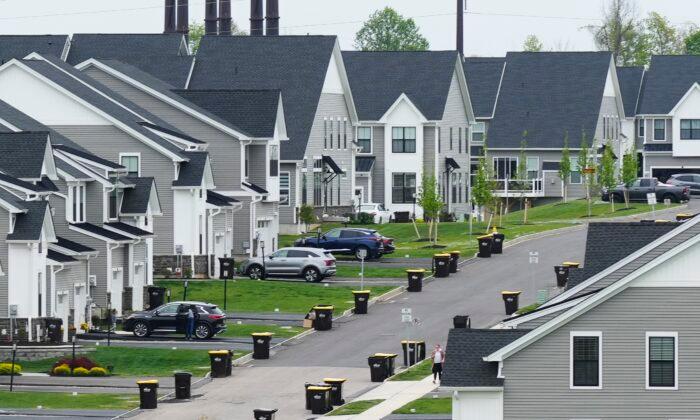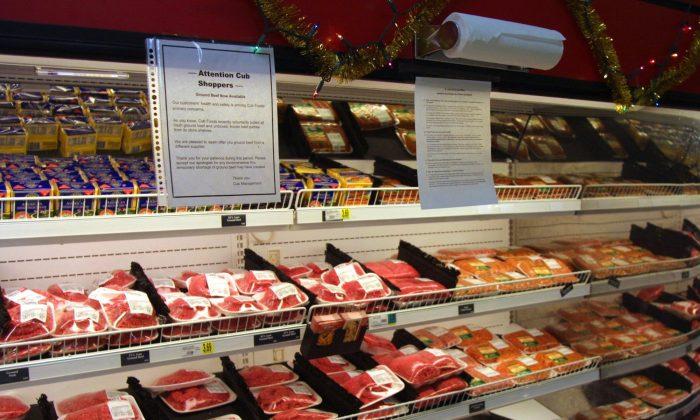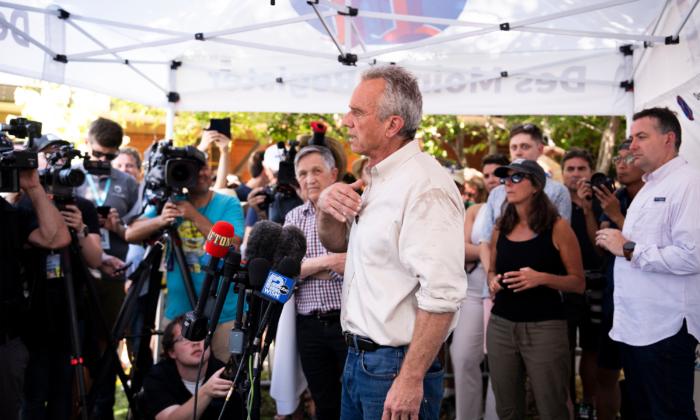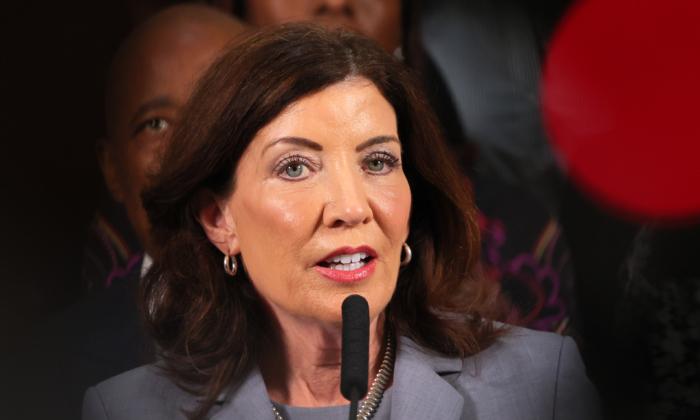American consumer sentiment improved this month, but two-thirds believe that the economy will get much worse by next year due to signs of a pending recession, according to a recent study.
This is the second month in a row that U.S. consumers have an improved view of the economy, which was 59.7 percent in December, which is the index’s highest level since hitting 65.2 in April 2022.
“Consumer sentiment confirmed the preliminary January reading, remaining low from a historical perspective, but continuing to lift for the second consecutive month,” said Joanne Hsu, director of Surveys of Consumers.
Households are feeling slight relief due to an ease in prices, steady economic growth, and a tight labor market, say economists.
The study’s results came in as the current economic conditions index surged to 68.4 in January from 59.4 in December.
Meanwhile, the index of consumer expectations rose to 62.7 from 59.9 this month.
“The current conditions index soared 15 percent above December, with improving assessments of both personal finances and buying conditions for durables, supported by strong incomes and easing price pressures,” said Hsu.
Consumers Are Cutting Back to Prepare for Recession
The Commerce Department’s Personal Consumption Expenditures (PCE) index, which was released last week, showed that more consumers were cutting their expenditures in December, as households built up their savings due to fears of a looming recession.“Notably, the debt ceiling debate looms ahead and could reverse the gains seen over the last several months. Past debt ceiling crises in 2011 and 2013 prompted steep declines in consumer confidence,” said Hsu, referring to the political standoff in Washington over U.S. government spending.
Consumer confidence remains at an historical low, despite improvements, as the effects of high inflation continue to hit Americans’ disposable incomes, raising concerns over an economic downturn, as families spend less.
Inflation Expectations See Improvement
U.S inflation slowed for the sixth straight month in December, to 6.5 percent, after peaking in June at 9.1 percent.The report also showed a continued decrease in one-year inflation expectations, which fell 3.9 percent in January from 4.4 percent in December, declining for the fourth straight month.
“The current reading is the lowest since April 2021, but remains well above the 2.3–3.0 percent range seen in the two years prior to the pandemic,” Hsu added.
Five-year inflation expectations held at 2.9 percent, which has been hovering within the narrow range of 2.9–3.1 percent for 17 out of the last 18 months.
“Consumers continued to exhibit considerable uncertainty over both long- and short-term inflation expectations, indicating the tentative nature of any declines,” Hsu said in comments accompanying the report.
The PCE index’s decline to 5 percent last month from 7 percent in June has raised expectations that the Federal Reserve will dial back the size of its next rate hike to 25 basis points when central bank policymakers meet in Washington next week to discuss rate policy.




